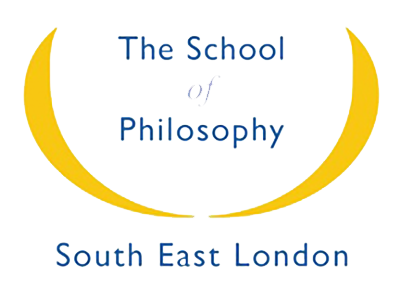Follow-on Courses
Practical Philosophy
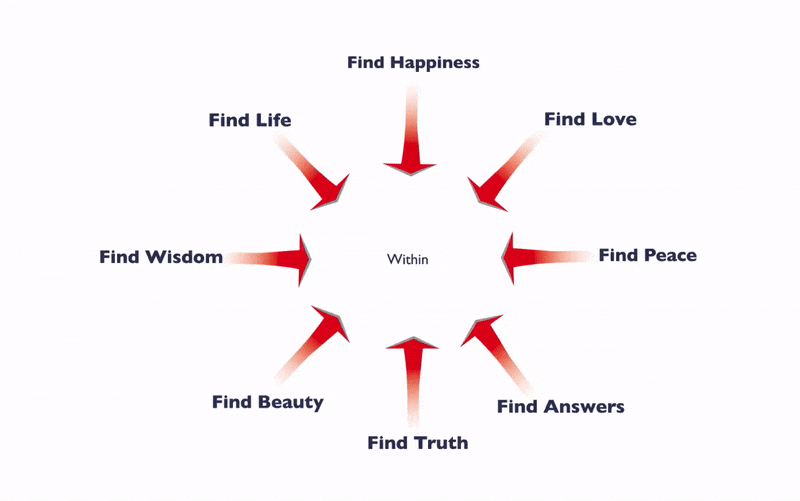
Follow-on Courses
Centred upon the question ‘How do the wise live?’, the Introductory course is a complete study in itself. However, we would encourage you to explore and deepen your understanding further beyond the Introductory course and we offer a range of opportunities to enable you to do so.
Students wishing to continue after the introductory terms join our follow-on groups, these sessions are shown on this page.
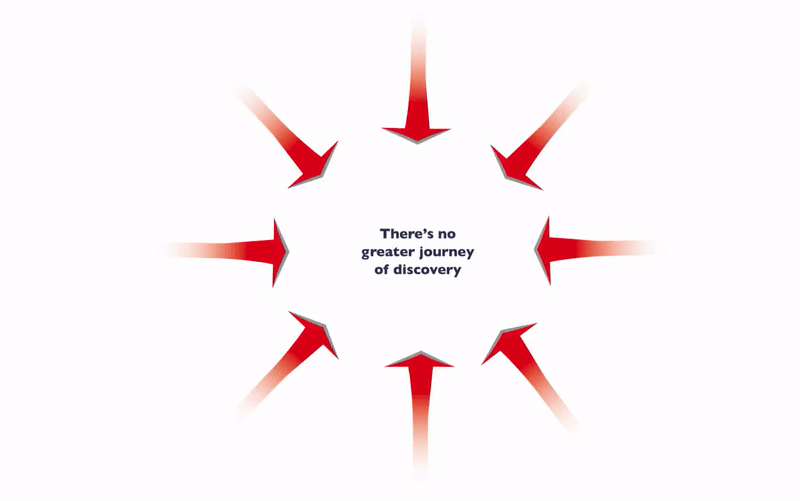
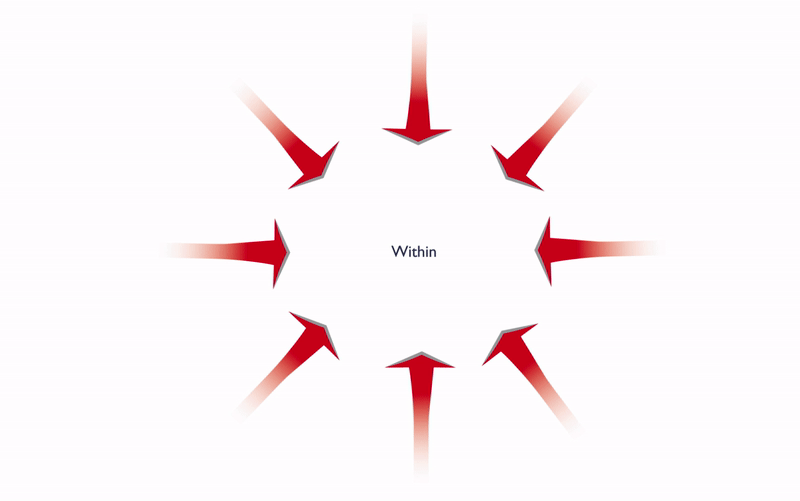
Philosophy and Love
- The importance of love. How it is gained and how it is lost.
- Love as it is expressed in creation. The nature of love overcoming limits.
- The expansion of love. The things that conceal love
- What it is that is loved. The nature of gratitude
- “Love thy neighbour” The subtle realm of mind
- The importance of connecting mind with the senses
- The causes of duality and hostility. The unity of knowledge and love
- Lack of love and giving. The importance of stillness
- The relationship between love and law. Freedom of love and law together
- Love and work. Love guided by wisdom
- Working Mindfully practical session
Philosophy and Presence of Mind
- Introduction to the subject of presence of mind. What in truth is present and receiving knowledge from what is present.
- The unchanging true existence which is always present. Explanation in Advaita philosophy. Discrimination between transient and eternal.
- Further on the need to discriminate between the transient and the eternal. The Absolute which is infinite and liberating in nature.
- Plato’s analogy of the cave.
- Being in touch with the present and the natural rhythm of events.
- The power of thought as influenced by sattwa, rajas and tamas. The importance of nourishing the mind and how that may be done.
- The power of decision. Some key decisions that need to be addressed in life. Decision making and how that may be done effectively.
- The power of love to transcend limits and overcome division. The five levels of love from the individual to the universal. The nature of criticism.
- The power of will or the power of ‘I’ associated with any desire, thought or activity. A practical approach to action.
- The powers of thought, decision, love and will as universal powers. Oneself as unlimited and the effect on this of identification. The power of attention.
- The need to trust the present moment. Practical approaches to achieve this. The principle of giving what you lack.
- Working Mindfully practical session


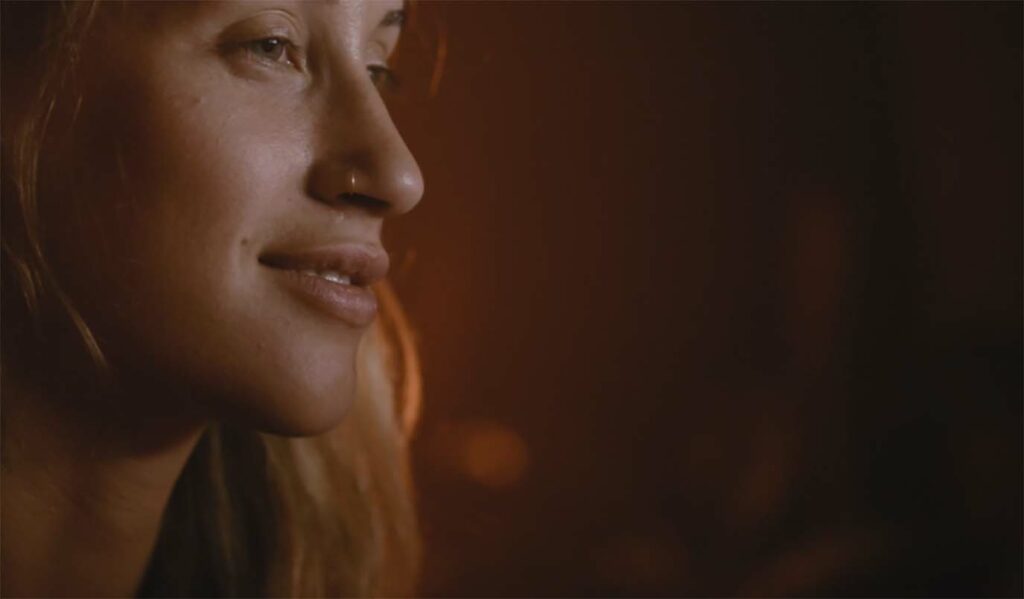
Philosophy and Freedom
- Freedom, Truth and Love
- Freedom and the Play of Life
- Freedom of Speech
- Dialectic and Freedom
- The Journey to Freedom
- Emotional Freedom
- Freedom and the Heart
- Valuing Freedom
- Freedom from Tyranny
- Freedom and Humanity
- Freedom and True Being
- Working Mindfully practical session
Philosophy and Happiness
- What is true happiness? Is this natural to a man or woman? How may it be experienced fully and how is it lost? Is it permanent or transient?
- What is the effect of gaining happiness at the expense of another person’s happiness? Is such happiness true and lasting?
- Happiness and service. Is happiness natural?
- Happiness and law; Happiness and utilitarianism; Happiness and pleasure, Epicurus, Aristippus, Plato
- The Platonic goods which lead to happiness
- An introduction to Marsilio Ficino Lao Tzu, finding inner equilibrium
- Happiness: contentment, Patanjali
- Finding happiness in work Happiness and wisdom
- Working Mindfully practical session
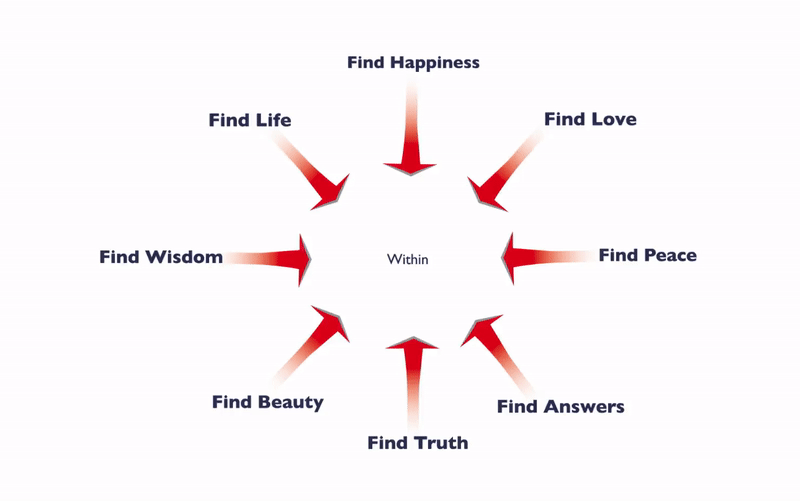
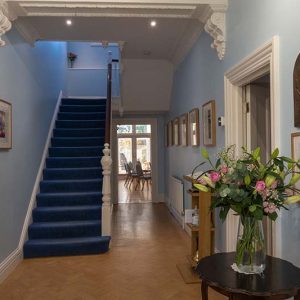
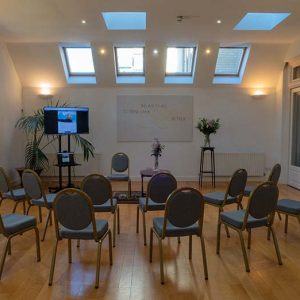
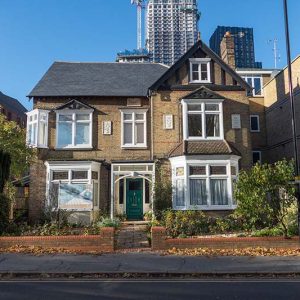
Location
- Athene House, 13 Addiscombe Grove, Croydon, CR0 5LR
For students taking up our mantra meditation practice, more advanced courses in practical philosophy are also available, which incorporate guidance on meditation.
Follow-on course enrolment
These modules are highlighted on this page. If you would like to enrol for these courses, please speak to your tutor
Frequently Asked Questions
The course is practical in the sense that it is designed to be of direct use in our everyday lives. The intention is to stimulate enquiry and through this expand the way we look at the world and ourselves.
Online or by calling 0208 688 2634.
If you register online, you will receive a confirmation email with your day of attendance. If you register by any means other than online, you will receive a receipt confirming your registration.
Yes, we have a local Croydon venue where you can attend the course face-to-face. We also have other venues across the UK.
No, all you need is an open and enquiring mind. The course is intended for everyone, regardless of education, occupation, race, political or religious belief.
First you need to enrol on a course. The in-person courses are available in Croydon (SE London) and at many other local venues up and down the UK. A local map can be found on this page.
If you have any questions simply call us on the contact phone number on the relevant location page.


“...I am benefiting greatly from the content and the practical nature of it. Thank you, it is enriching my life.”

Questions or concerns?
Questions or concerns? We’re here to help! Feel free to reach out at: philosophyselondon@fses.org
